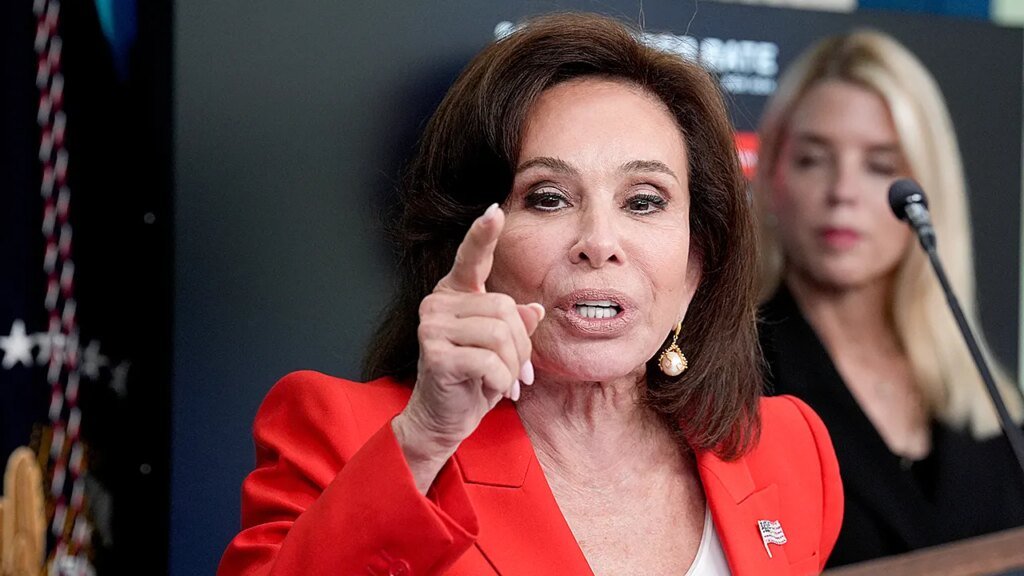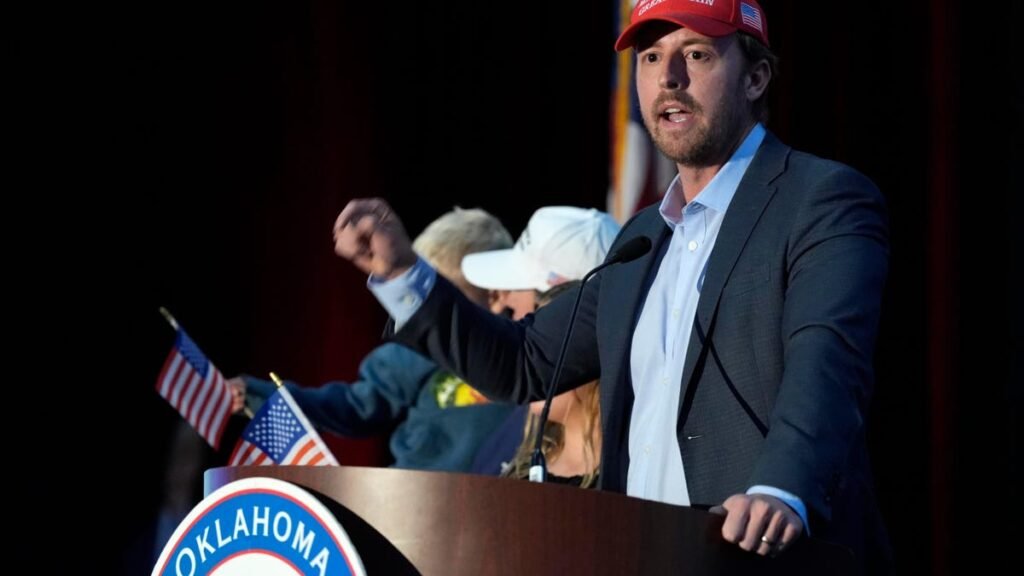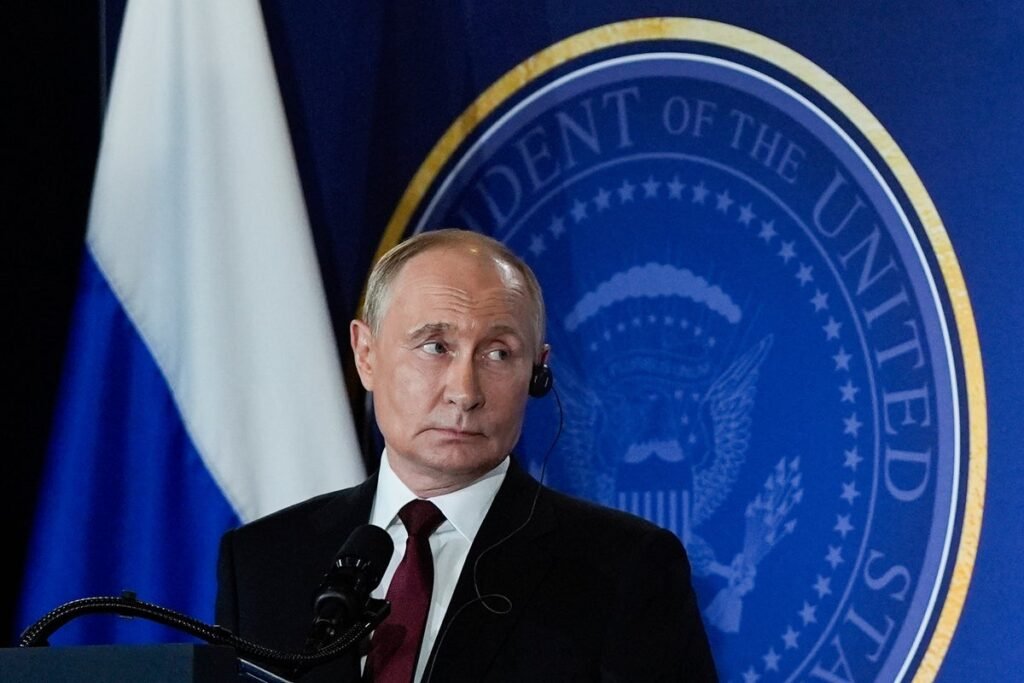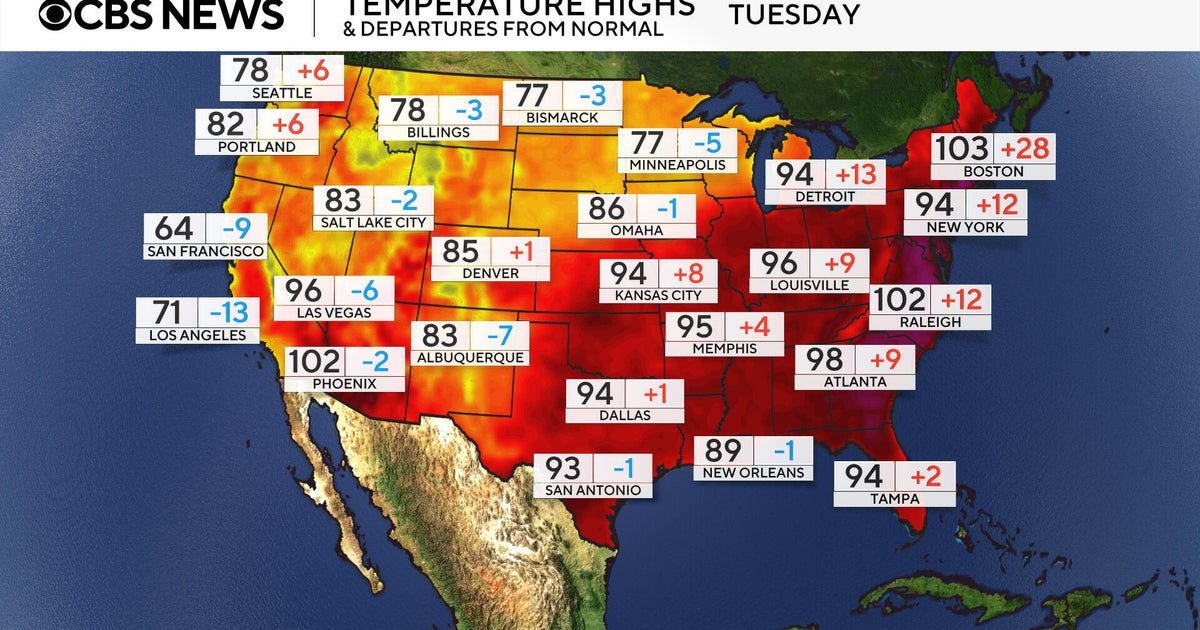Now Reading: Trump ramps up pressure amid growing GOP tensions over his bill: From the Politics Desk
-
01
Trump ramps up pressure amid growing GOP tensions over his bill: From the Politics Desk
Trump ramps up pressure amid growing GOP tensions over his bill: From the Politics Desk

Welcome to the online version of From the Politics Desk, an evening newsletter that brings you the NBC News Politics team’s latest reporting and analysis from the White House, Capitol Hill and the campaign trail.
In today’s edition, our Capitol Hill team provides a status check on the “big, beautiful bill” as Senate Republicans aim to hold a vote this week. We also have the latest from the Middle East amid a fragile ceasefire between Israel and Iran. And Steve Kornacki previews tonight’s New York City mayoral primary.
Sign up to receive this newsletter in your inbox every weekday here.
— Adam Wollner
🗣️ We want to hear from you!
Have a question for the NBC News Politics Desk about the latest from the Trump administration, Republicans’ “big, beautiful bill,” or the New York City mayoral primary?
Send your questions to politicsnewsletter@nbcuni.com and we may answer them in a future edition of the newsletter.
Senate Republicans scramble to resolve tense divisions as Trump ramps up pressure to pass his big bill
By Sahil Kapur, Julie Tsirkin, Frank Thorp V and Ryan Nobles
The Senate bill’s Medicaid cuts are too aggressive for politically vulnerable Republicans.
Its clean energy funding cuts are too tame for conservative House Republicans, who are threatening to sink the legislation.
And the $10,000 cap on state and local tax deductions is a nonstarter for key blue-state House Republicans.
The GOP-led Congress is barreling toward its own deadline for passage of the Big Beautiful Bill Act, and it’s getting messy in the final stretch as President Donald Trump ramps up the pressure on lawmakers to put it on his desk by July 4.
“To my friends in the Senate, lock yourself in a room if you must, don’t go home, and GET THE DEAL DONE THIS WEEK,” Trump wrote on Truth Social. “Work with the House so they can pick it up, and pass it, IMMEDIATELY. NO ONE GOES ON VACATION UNTIL IT’S DONE.”
Passing the party-line bill through the House and Senate, where Republicans have three votes to spare in each chamber, will be a daunting task that requires bridging acrimonious divides. The toughest part will be settling on a final product that can unify Senate GOP moderates, like Susan Collins of Maine and Lisa Murkowski of Alaska, with the far-right House Freedom Caucus. Those two factions have tended to drive the hardest bargain.
After a conference lunch meeting, Senate Majority Leader John Thune, R-S.D., told reporters that his chamber’s goal is to get the bill “across the finish line by the end of the week,” with the goal of crafting a package that can win 51 votes in the Senate.
A midterm warning: Sen. Thom Tillis, R-N.C., who faces re-election in a battleground state next year, warned his party during a Tuesday meeting that they will suffer losses in the 2026 elections if they push ahead on proposed Medicaid cuts. He compared the situation to the heavy losses Democrats suffered in the 2014 midterms after a rocky Obamacare rollout, according to one source in the room.
The meeting came one day after Tillis circulated a document with estimates of how much Medicaid money states would lose if the Senate bill passes, including $38.9 billion in losses for North Carolina, $16 billion for Tennessee and $6.1 billion for Missouri.
Read more on the latest from Capitol Hill →
Strikes on Iran set back its nuclear program several months, sources say
By Gordon Lubold, Ken Dilanian, Julie Tsirkin, Dan De Luce and Rebecca Shabad
An initial assessment by the Defense Intelligence Agency concludes that the U.S. airstrikes conducted over the weekend on Iran’s nuclear enrichment sites were not as effective as President Donald Trump said and only set the country’s nuclear program back by three to six months, according to three people with knowledge of the report.
“We were assuming that the damage was going to be much more significant than this assessment is finding,” said one of the three sources. “This assessment is already finding that these core pieces are still intact. That’s a bad sign for the overall program.”
The assessment’s conclusions were first reported by CNN.
White House press secretary Karoline Leavitt said the reporting on the intelligence assessment was inaccurate.
“This alleged assessment is flat-out wrong and was classified as ‘top secret’ but was still leaked to CNN by an anonymous, low-level loser in the intelligence community,” she said in a statement. “The leaking of this alleged assessment is a clear attempt to demean President Trump, and discredit the brave fighter pilots who conducted a perfectly executed mission to obliterate Iran’s nuclear program.”
She added: “Everyone knows what happens when you drop fourteen 30,000 pound bombs perfectly on their targets: total obliteration.”
Read more →
Catch up on our latest reporting on the Israel-Iran conflict:
Trump lashes out at Israel and Iran: ‘They don’t know what the f— they’re doing,’ by Megan Lebowitz
Democrats struggle to come up with a unified response to Trump’s Iran strikes, by Natasha Korecki, Sahil Kapur and Scott Wong
Speaker Mike Johnson says he believes the War Powers Act is ‘unconstitutional,’ by Rebecca Shabad
GOP lawmakers say Trump deserves Nobel Peace Prize over Iran-Israel ceasefire, by Rebecca Shabad
Follow live updates →
Breaking down the state of New York’s mayoral race on primary day
Analysis by Steve Kornacki
The final public poll suggests the potential for an upset in Tuesday’s New York Democratic mayoral primary — an outcome that would be dramatic but that also might end up resolving nothing.
The Emerson College/WPIX/The Hill survey shows former Gov. Andrew Cuomo leading state Assemblyman Zohran Mamdani 36% to 34% in the initial first-choice count, with Mamdani eventually overtaking Cuomo after multiple rounds of ranked choice tabulation and winning the final tally 52% to 48%.
But a few caveats are in order.
First, public polls in the campaign have been sparse. Only Emerson and Marist University have been regularly conducting them. And Marist’s final poll found a different result, with Cuomo up by double digits at both the start and the end of ranked choice tabulation.
One of those polls may be a lot more accurate than the other, although there is room for both to be right, since Marist’s was taken a week earlier and the race could have shifted in that time.
The composition of the electorate is uncertain, too. Both Emerson and Marist find that Cuomo has an advantage with voters who said they would cast ballots in person Tuesday, as opposed to taking part in early voting or voting by mail. But will those voters show up in the numbers pollsters expect? It’s a cliché to talk about how crucial turnout is as a variable, but there it is.
Moreover, ranked choice voting is still new to New York City; this is only the second mayoral contest since it was implemented. It’s still uncommon elsewhere. So no polling outlet has a deep and well-established track record when it comes to measuring such races. That said, Emerson’s final poll in the 2021 New York mayoral primary showed now-Mayor Eric Adams narrowly edging out Kathryn Garcia in the final ranked choice round, which almost perfectly matched the actual outcome.
Read more from Steve →
Related: What to watch in New York City’s mayoral primary, by Ben Kamisar and Bridget Bowman
🎙️Here’s the Scoop
This week, NBC News launched “Here’s the Scoop,” a new evening podcast that brings you a fresh take on the day’s top stories in 15 minutes or less.
In today’s episode, hosted by Morgan Chesky, chief international correspondent Keir Simmons discusses how the Middle East is responding to the fragile ceasefire between Israel and Iran. And national political correspondent Steve Kornacki explains why the rest of the country should be paying attention to New York City’s mayoral race.
Listen to the episode here →
🗞️ Today’s other top stories
- 🔵 Youth movement: Democrats elected Rep. Robert Garcia of California, 47, over Rep. Stephen Lynch of Massachusetts, 70, as the new ranking member of the House Oversight Committee, replacing the late Rep. Gerry Connolly of Virginia. Read more →
- 🏝️On an island: Rep. Thomas Massie, R-Ky., is finding few friends on Capitol Hill in his escalating feud with Trump. Read more →
- ⏸️ Put it on pause: Sen. Bill Cassidy, R-La., criticized Health and Human Services Secretary Robert F. Kennedy Jr.’s picks for a vaccine advisory committee and said the next meeting shouldn’t be held until members with relevant expertise can be appointed. Read more →
- 🏦 Fed watch: Federal Reserve Chair Jerome Powell defended higher interest rates amid attacks from the Trump administration and the GOP during a House Financial Services Committee hearing. Read more →
- ⚖️ Legal showdown: The Trump administration accused a federal judge of “unprecedented defiance” of a recent Supreme Court decision that paved the way for the government to quickly deport criminal immigrants to “third countries.” Read more →
- 🗳️ 2026 (and 2028) watch: Democratic Illinois Gov. JB Pritzker is expected to announce on Thursday that he will run for a third term as governor, though the move would not preclude him from running for president in 2028. Read more →
That’s all From the Politics Desk for now. Today’s newsletter was compiled by Adam Wollner and Dylan Ebs.
If you have feedback — likes or dislikes — email us at politicsnewsletter@nbcuni.com
And if you’re a fan, please share with everyone and anyone. They can sign up here.


















































